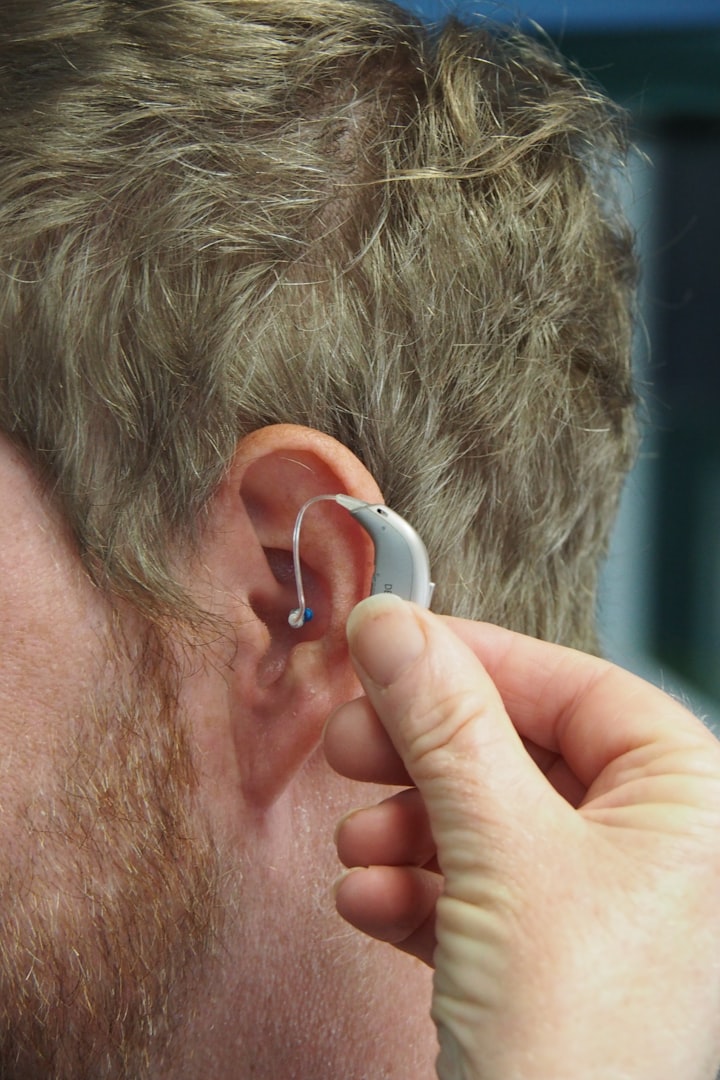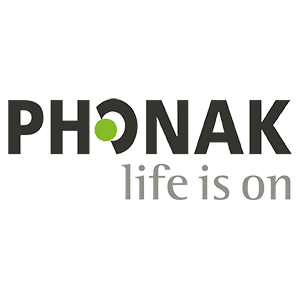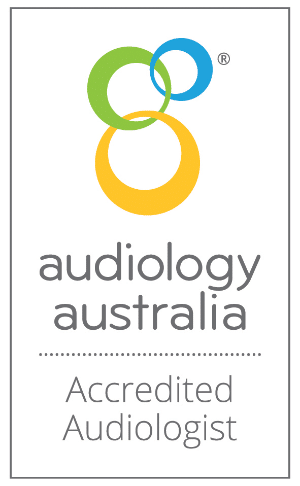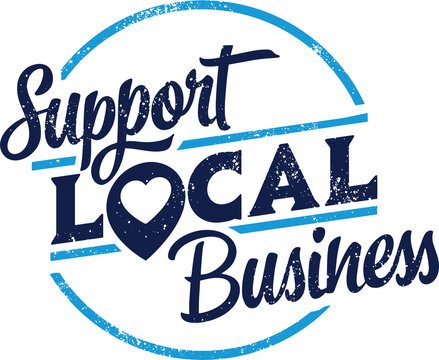Choosing hearing aids
When it comes to choosing your hearing aids, your audiologist will always explain everything you need to know about hearing aid options at your hearing assessment, ensuring you have all the information on hand.
At our clinic, we offer extended appointment times dedicated to discussions about hearing devices, something you won't typically find elsewhere. We understand that having a deeper understanding of our clients' lifestyles and individual needs not only enhances the hearing aid experience but also leads to significantly better long-term results.
We also offer 7-day no-commitment trial periods, allowing you to try out our hearing aids prior to purchase.
For those who prefer to research a little on hearing aids before purchase, below we have provided a quick guide on what we consider to be the 4 most important areas to think about when deciding on hearing aids.
Additionally, Amelia, our AI agent, can guide you on which technology level may be right for you.















